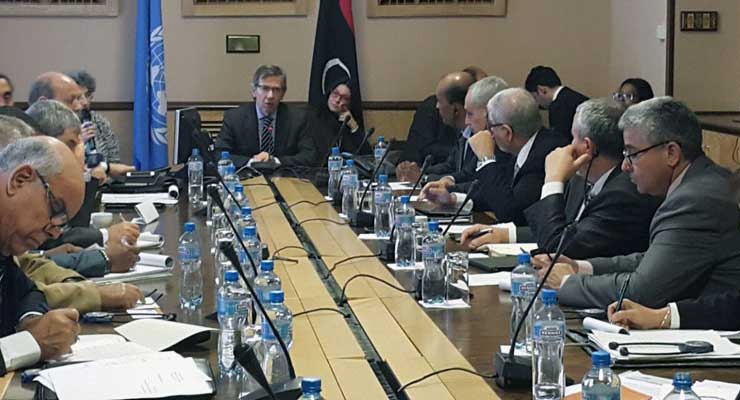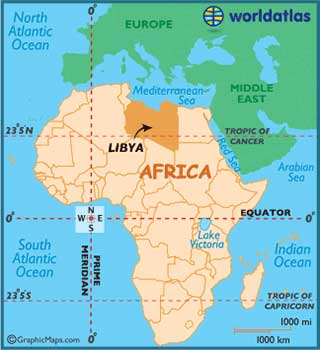
Negotiations between rival factions who have been fighting for control of Libya hit a roadblock on Tuesday when militants who are thought to be connected to the Islamist State attacked the Al Ghani oilfield, located in Central Libya. The future of North Africa and the Middle East are at stake.
“They came to burn the facilities and kidnap or kill the workers and guards, then they left” spokesman for the oil field’s security, Ali al Hassi said on Tuesday following the attack.
 The attack comes as a blow to the planned peace talks which were supposed to take place between the two rival factions, the internationally recognized parliament and the opposition government known as Libya Dawn who control of the capital of the country, Tripoli, but have not been internationally recognized.
The attack comes as a blow to the planned peace talks which were supposed to take place between the two rival factions, the internationally recognized parliament and the opposition government known as Libya Dawn who control of the capital of the country, Tripoli, but have not been internationally recognized.
The agreement for peace talks between the two sides was made on March 2nd when the U.N was able to strike an agreement to bring both sides to the table. Talks seek to put an end to the four-year-old civil war born out of the Arab Spring when longtime leader Muammar al-Qaddafi was overthrown and eventually killed on October 20th, 2011. Following his regime’s collapse, a violent struggle for power throughout the country has steadily broken the country to pieces.
Although there are these two known factions fighting each other for control, there are concerns that the attack on the oil field bears the hallmark of the Islamic State which has been paving a path of death and destruction throughout Syria and Iraq. Recent events have heightened fears that the ultra-violent group may have entered into Libya’s chaos. A video released last month by the Islamic State in Libya showed the group beheading 21 Coptic Christians who were kidnapped in Egypt in late December.
“There are too many players and the fighters don’t necessarily answer to their respective leadership,” Richard Cochrane, who is the senior analyst at IHS Country Risk, told the news agency Reuters in an interview regarding the latest violence.
The revolution and chaos across Libya has also added to a refugee crisis across Southern Europe, mainly in Italy and Greece, as refugees from Libya, Syria, Palestine, Tunisia, and Sub- Saharan Africa, cross into the dangerous water of the Mediterranean in hopes of escaping violence.
“I think they (the Libyan people) are fed up with this conflict and they want now to make sure that these talks will be successful” Mr. Leon, who is the head of the U.N mission in Libya said regarding the potential meeting. Ultimately, if these peace talks do take place (the official status of the peace talks is “suspended”), it will be up to the two sides to come to an agreement that will be beneficial for the Libyan people and to restore a civil society where people could live peacefully in their historically troubled country.
Leave a Reply